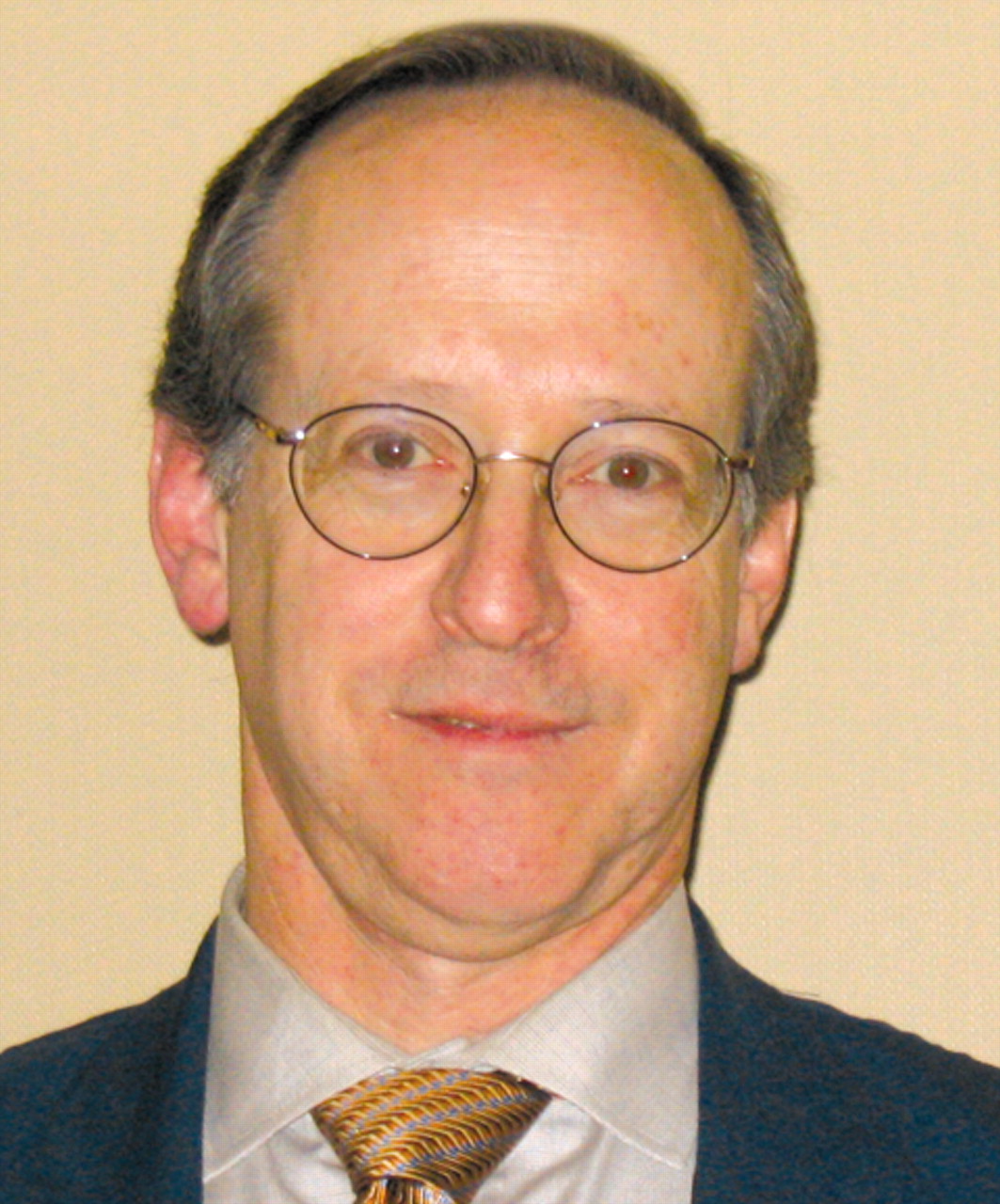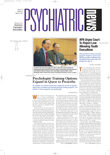As other district branch leaders have done before him in recent years, F. Rodney Drake, M.D., president of the Washington (D.C.) Psychiatric Society (WPS), told the APA Board of Trustees in June that the entwined issues of finances and member recruitment are among the concerns at the top of his district branch's list.
Drake pointed out at the Board's June 26-27 meeting in Leesburg, Va., that to some district branches the WPS's 980 members may sound like an impressive total, but that now represents fewer than half of the psychiatrists in the Washington, D.C., metropolitan area.
WPS leaders are trying to address the recruitment problem, Drake said, by using “breakout groups” of about eight to 10 psychiatrists who meet with district branch leaders and discuss the value of membership and what WPS has accomplished—or hopes to accomplish—for psychiatrists and their patients.
The WPS has also been using a grant from the American Psychiatric Foundation, he noted, to fund a program to convince minority psychiatry residents to join the district branch and APA. It has also expanded resident representation on its board of directors by appointing a delegate from each of the five psychiatry residency programs located in the region.
The Board also invited Eric Steckler, M.D., president of the Northern Virginia chapter of the WPS, to discuss his members' concerns. Steckler lamented the substantial apathy he sees among his members, particularly when it comes to devoting time and energy to lobbying in the state capitol on issues critical to psychiatry and people with mental illness. He stressed that he is often a delegation of one in the corridors of the state house in Richmond.
Referring to the psychologist-prescribing bills that became law in New Mexico and Louisiana, Steckler emphasized the need for district branches to develop strong liaisons with other medical organizations in their state so they can compound the potency of their message when they meet with legislators and maximize the chances that their state will not be saddled with a similar law.
The two leaders were invited as part of a program begun in 1997 by then president Herbert Sacks, M.D., in which a few district branch presidents or minority-caucus chairs are invited to Board meetings to discuss with Trustees key issues on their members' minds.
The Board's agenda for last month's meeting covered a wide array of issues. Among them, the Board voted to
•
Approve a new practice guideline on assessing and treating posttraumatic stress disorder and acute stress disorder (see
below).
•
Join an amicus brief in the case ofRoper v. Simmons, which is before the U.S. Supreme Court. The case challenges the constitutionality of allowing states to execute individuals who committed a capital crime while they were 16 or 17 years old. Executions of those aged 15 or younger are already prohibited (see
page 1).
•
Eliminate the 90-day additional “grace period” that allows members to pay their APA dues up to 15 months beyond the due date. With this change, members will have to pay their dues within one calendar year of the actual due date—thus still leaving a 12-month grace period—so that they will, for example, have to pay 2003 dues, which were due by December 31, 2003, no later than December 31, 2004, to avoid being dropped from membership.
•
Implement a new structure for determining dues and annual meeting registration fees for international members based on the wealth of the country in which they reside. There are four categories of countries—high income, upper-middle income, lower-middle income, and low income. International members (there are about 1,120) in high-income countries would pay dues of $180, equal to dues paid by members in the United States in their first three years of membership. Those in upper-middle-income countries would pay $150; those in lower-middle-income countries $100; and those in low-income countries $50. The country classification is the one the World Bank uses and is based on gross national income.
Annual meeting registration fees would be $395, $350, $275, and $200, respectively, for the same four country categories.
•
Establish a work group to review a recommendation from the Assembly that the medical director serve as the Association's chief executive officer. Currently, the president, who is elected each year, is the chief executive officer, and the medical director is the chief operating officer. The Assembly and many Board members believed that such a change would bring consistency to the administration of a complex and multifocused organization and allow it to fulfill its goals better. If approved, the proposal will require a change in the APA Bylaws.
•
Approve the establishment of the APA Caucus on Complementary and Alternative Medicine.
•
Designate a consensus statement on transcranial stimulation as a resource document (see page 24). •
Circulate a proposal for changing APA elections in which members would no longer vote for a president-elect candidate. Instead, under a“ ladder plan” suggested by the APA Nominating Committee, the highest office for which members would vote would be vice president, with the winning candidate then ascending to the president-elect and then president positions. The idea behind the ladder plan is that the vice president would have an extra year to learn what the role of APA president involves and begin initiatives.
Because the committee recognized the controversial nature of the proposal, it recommended that the Board circulate it to the Assembly and to APA committees before the Board takes a final vote on the issue.
•
Approved in executive session the presidential appointment of a task force to expand short- and long-term strategies to address scope-of-practice issues. The strategies will include public education, government relations, and access to psychiatric care in rural and underserved areas.
The Board also agreed to fund part of a proposal from the New Mexico district branch “involving a pilot project to enhance access to psychiatric care in rural areas.” The proposal is in response to the state's psychologist-prescribing law and responds to claims that psychiatric care is not available in many areas of the state. ▪


